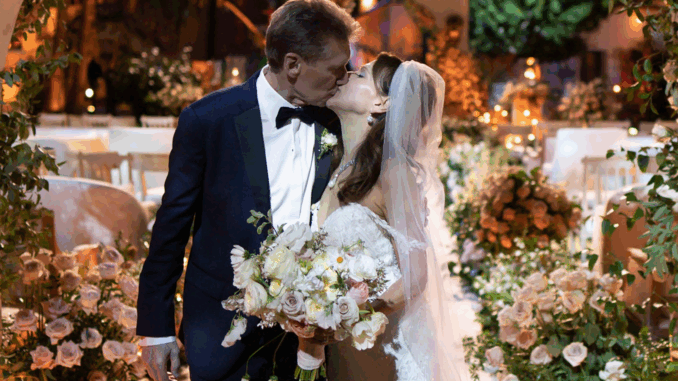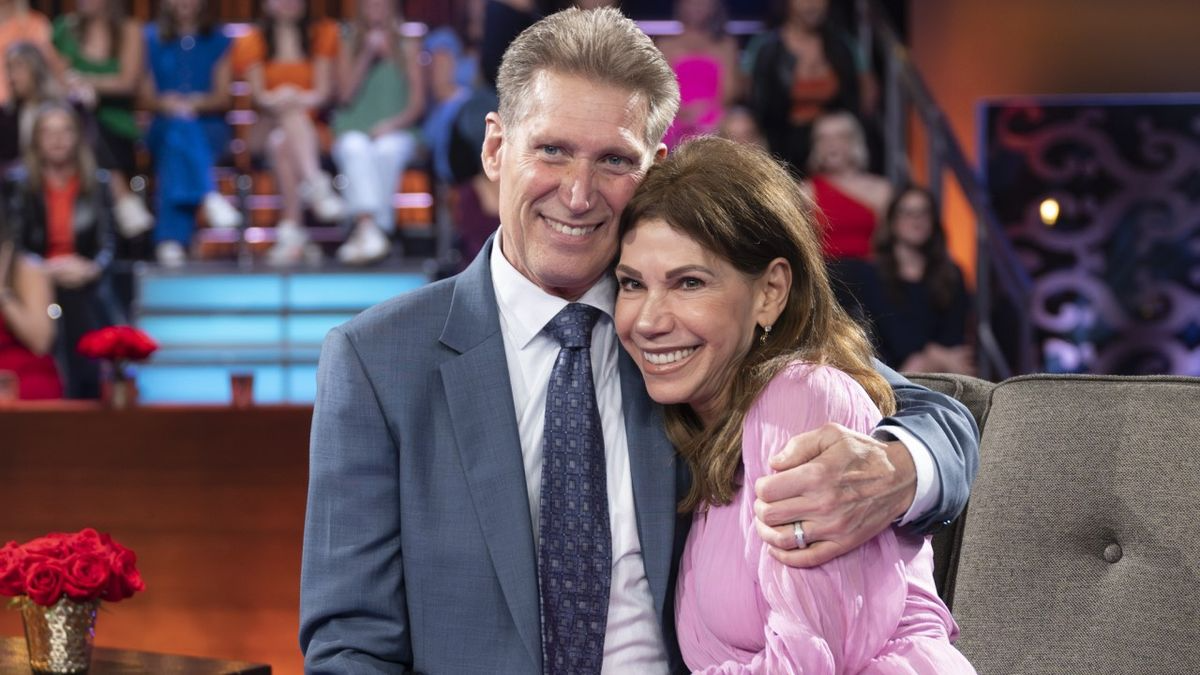
Romance Doesn’t Expire
There’s a powerful message at the heart of The Golden Bachelor: it’s never too late to fall in love again. Whether you’ve been divorced, widowed, or simply single for a long time, the show offers hope that romance can return—even after decades.
That message resonates with viewers of all ages. Younger fans see a future where love doesn’t have a deadline. Older fans feel seen and celebrated. And everyone, no matter their stage of life, is reminded that the heart remains open, always.
From Loss to Love Again
Gerry Turner’s story begins with grief. After more than 40 years of marriage, he lost his wife Toni suddenly. His sorrow was deep and lasting. But his choice to take this leap into The Golden Bachelor is not about replacing her—it’s about honoring her by continuing to live fully.
Many contestants share similar stories. Some lost partners. Others experienced difficult divorces. Yet here they are, choosing joy again, choosing love again. That takes courage. It also takes faith—faith that happiness can still be found.
Their stories remind us that moving forward is not forgetting. It’s believing you still deserve love, even after pain.
Why Second Chances Matter
In a society obsessed with youth and firsts—first love, first kiss, first date—second chances are often overlooked. But they can be even more powerful. The people on The Golden Bachelor are wiser now. They’re not chasing perfection. They’re looking for real connection.
They know what they want, and they aren’t afraid to say it. That clarity makes the romantic journey deeper, more intentional, and more meaningful.
For many, the second time around means fewer games, more openness. And when it works, it’s extraordinary.
Relearning Vulnerability
Allowing yourself to be vulnerable again after heartbreak isn’t easy. For many contestants, it means breaking down emotional walls built over years. It means trusting someone with your story. It means risking pain again—but doing so with full awareness.
The Golden Bachelor gives space for those moments. Tears are not only allowed—they’re welcomed. Fear is named. Boundaries are respected. And when love blooms, it feels deeply earned.
This vulnerability makes the love stories richer than any fairy tale. It’s not perfect—it’s real.
A Different Kind of “Happy Ending”
Unlike traditional Bachelor seasons that focus heavily on fairy-tale weddings, The Golden Bachelor shows that love can take many forms. For some, a successful ending might be companionship, partnership, or even rekindled friendship.
It’s not about rushing into marriage. It’s about finding someone to share mornings with, to travel with, to laugh with again. At this stage in life, those moments matter more than ever.
And that’s a happy ending too.
Inspiring Viewers Across Generations

You don’t have to be 70 to be moved by The Golden Bachelor. In fact, many fans in their 30s and 40s watch with admiration. They see in the show what true commitment looks like, what grief and healing look like, and what it means to love bravely.
Young adults are learning from their elders—not through advice, but through action. The show teaches that love isn’t just about butterflies. It’s about showing up. Again and again.
Changing the Love Story Narrative
For too long, the love stories told on TV have had an expiration date. But The Golden Bachelor rewrites that narrative. It centers people who have lived full lives—who have grown, struggled, and survived—and says: your story isn’t over.
In fact, some of the most beautiful chapters might still be ahead.
The Takeaway: Love Is Always Possible
If there’s one truth The Golden Bachelor leaves us with, it’s this: love is always possible. At any age. In any season of life. Even when you think the best is behind you, something—or someone—can surprise you.
And maybe that’s the greatest love story of all.
